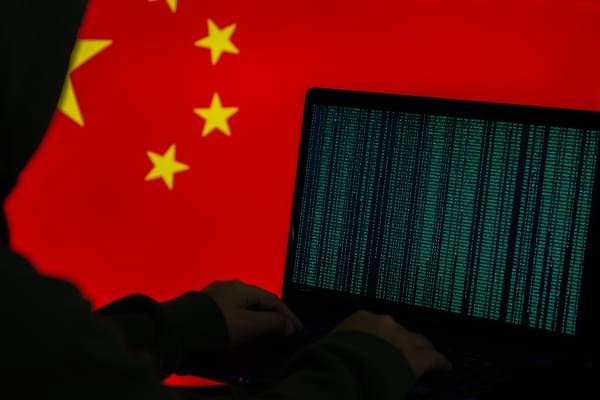The TechCrunch Global Affairs Project examines the increasingly intertwined relationship between the tech sector and global politics.
Criminals have a long history of conducting cyber espionage on China’s behalf. Protected from prosecution by their affiliation with China’s Ministry of State Security (MSS), criminals turned government hackers conduct many of China’s espionage operations. Alarming as it may sound, this is not a new phenomenon. An indictment issued by the U.S. Department of Justice last year, for example, indicated that the simultaneous criminal-espionage activity of two Chinese hackers went back as far as 2009. In another case, FireEye, a cybersecurity company, alleges that APT41, a separate cohort of MSS hackers, began as a criminal outfit in 2012 and transitioned to concurrently conducting state espionage from 2014 onward. But there’s reason to believe that since then, China has been laying the groundwork for change.
A spate of policies beginning in 2015 put China in a position to replace contracted criminals with new blood from universities. The CCP’s first effort in 2015 was to standardize university cybersecurity degrees by taking inspiration from the United States’ National Initiative for Cybersecurity Education — a NIST framework for improving the U.S. talent pipeline. One year later, China announced the construction of a new National Cybersecurity Talent and Innovation Base in Wuhan. Including all of the Base’s components, it is capable of training and certifying 70,000 people a year in cybersecurity.

